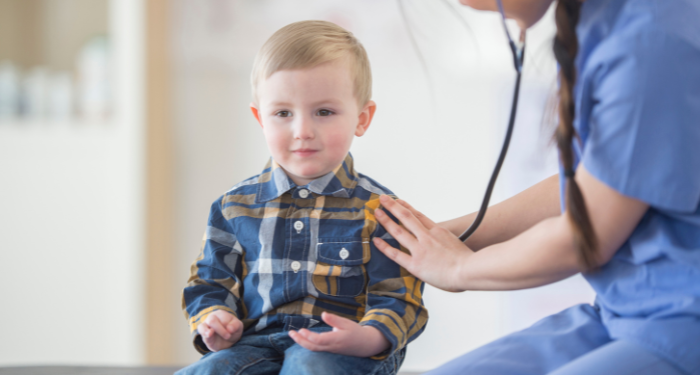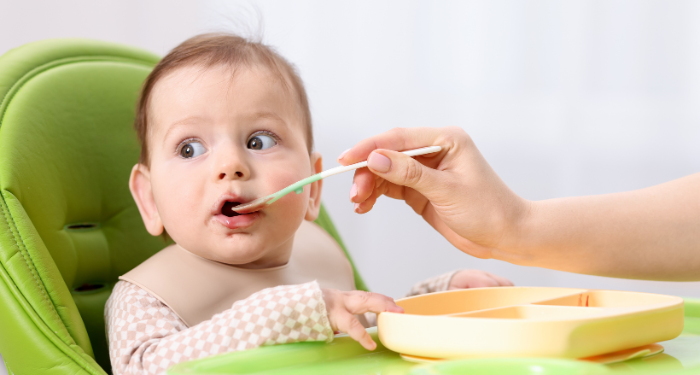
Did you know that the way your child breathes has a direct correlation to their overall growth, development, and health?!
It may seem insignificant in the grand scheme of life, but we all know that we must breathe to survive. Our body needs oxygen. In addition, there is an optimal way to breathe that has the biggest impact on overall health. I see pictures plastered all over social media of the sweetest, cutest babies sleeping. But the glaring problem with the majority of those pictures is that their mouths are wide open! Even from birth, a baby should breathe through their nose and their mouths should be closed when not eating or vocalizing.
When a child breathes through their mouth, their tongue sits low in the oral cavity, and it may lead to sleep disordered breathing- including sleep apnea! Studies have shown that children with sleep apnea are at risk for behavior problems such as adhd and other developmental delays.
One aspect is that correct breathing patterns exercise the respiratory muscles. If they are not exercised fully by breathing correctly, it can lead to poor posture due to weak muscles. This often looks like slouching or hunching over and can lead to neck and back pain. Headaches are often linked to this vicious cycle as well!
Every aspect of our being requires oxygen to adequately function and grow. So it’s not surprising that if a child is mouth breathing, their brain is being starved of vital oxygen then it can lead to cognitive delays or at least affect the overall development of the brain.
You may have heard of Buteyko breathing. It promotes healthy breathing patterns and is often used to help facilitate healthier emotional patterns. Improper breathing patterns can have a negative impact on a child’s emotional development leading to anxiety, excess stress, and even depression. Optimal breathing patterns help to facilitate emotional regulation.
Breathing goes well beyond sustaining life but also influences how we grow and develop. Myofunctional therapy promotes correct tongue resting posture which in turns aids in healthier breathing patterns. While mouth breathing may be “cute” at young ages, it has a lifelong negative impact on overall health.


